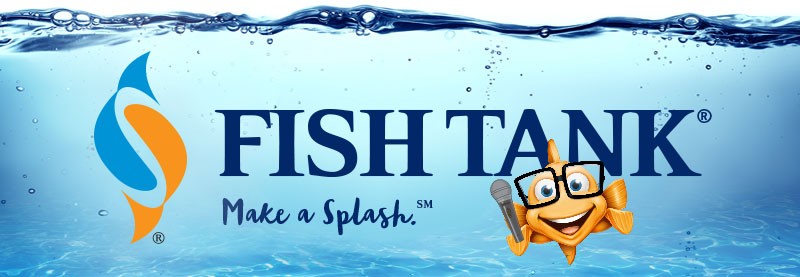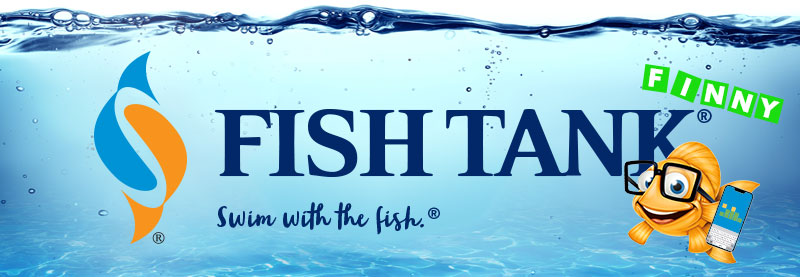Intellectual Property Insights from Fishman Stewart PLLC
Newsletter – Volume 23, Issue 10
Share on Social

No More Discord Over This Chord: Sheeran Sings His Way To Copyright Win
Ed Sheeran recently successfully defended against a copyright infringement lawsuit over his 2014 hit “Thinking Out Loud.” Songwriter Ed Townsend’s heirs brought the suit alleging Sheeran had infringed Townsend’s copyrights in the 1973 Motown classic, “Let’s Get It On” which Townsend co-authored with Marvin Gaye.
Sheeran had won many hearts with his hit song before the trial, but he may have also won the jury, and thus the case, with an in-court musical demo, audibly illustrating numerous hit songs’ musical similarities.
The case centered on what constitutes “copying”: in evaluating whether a song infringes the copyright in prior songs by other musicians, how much similarity between songs is enough to be considered impermissible “copying”? In other words, where is the line between similarity and infringement?
In this case, the two songs do not share any of the same lyrics, a common theme, or genre, and the songs, generally, do not sound very alike. So, you may ask, what exactly was the basis for the alleged infringement?
The registered copyright in “Let’s Get It On” consists of the song’s sheet music (chords, lyrics, and melody) which was deposited with the U.S. Copyright Office in the early 1970s. This is what the Townsend Estate believed was “copied” by Sheeran, pointing to a “smoking gun” video of Sheeran singing “Thinking Out Loud” at a concert where he seamlessly transitioned into a rendition of “Let’s Get it On.” The Townsend Estate argued that this mashup conclusively demonstrated the two songs were substantially similar.
Ultimately, the finding of whether there was infringement hinged on a comparison of just a few chords in the two songs. Sheeran did not dispute that the chords are similar. Rather he took to his more familiar stage, showing up himself in court, guitar in hand, to perform his music chord tutorial. He and his legal team showed that the chords at issue had been used in over 100 prior songs, including some that predate “Let’s Get It On.” Sheeran’s team argued that the chords are everyone’s to use and serve as the “building blocks” for many songs with no single owner.
After listening to Sheeran’s strumming, it took the jury less than three hours to decide there was no infringement, in favor of Sheeran.
Sheeran’s win is significant, both for him—who threatened to retire from music if he lost what he believed to be a frivolous lawsuit—as well as for other artists currently creating music in the industry who now possess an arsenal to defend themselves and their works against such claims of copyright infringement. A finding in favor of the Townsend Estate would surely have opened a floodgate of copyright lawsuits against many artists perhaps resulting in, what some believe to be, the stifling of the progression of music.
Linda is a Partner at Fishman Stewart, specializing in intellectual property law. Linda focuses mainly on trademark and copyright law, including foreign and domestic prosecution and litigation, as well as agreements and assignments. Check out her full bio here.
Related Content from Fishman Stewart
Car enthusiasts are buzzing about Alfa Romeo's latest SUV which is also its first EV (plus a hybrid option). Initially branded as “Milano,” the name was changed to "Junior" after it was announced that the car would be produced in Poland.
The online word game Wordle was created in 2021 by Josh Wardle and quickly rose in popularity. Players receive a new puzzle daily with six chances to correctly guess a five-letter word of the day with limited clues.
In a recent decision, the U.S. Court of Appeal for the Eighth Circuit affirmed a jury verdict holding that the use of the "Success Kid" meme by a congressman's reelection campaign for fundraising purposes did not qualify as fair use.
In February 2024, proposed legislation was introduced in US House of Representatives which would extend copyright protection to golf courses. The bill is titled “Bolstering Intellectual Rights against Digital Infringement Enhancement Act” or the “BIRDIE Act”.
OpenAI recently held a live demonstration of a new ChatGPT version that included the use of an AI personal assistant voice dubbed “Sky.” Many observers compared Sky to Scarlett Johansson’s voice in the 2013 Spike Jonze romantic sci-fi film “Her,” which centers on a man who falls in love with the female voice of his computer’s operating system.
June is Pride Month, which honors the 1969 Stonewall Uprising in Manhattan and recognizes the impact that lesbian, gay, bisexual, and transgender (LGBTQ+) individuals have had on history locally, nationally, and internationally. The United States Patent and Trademark Office flies the Pride Flag and promotes the Pride community’s contributions with programming offered annually.
First-time inventions have led inventors to great successes throughout history, sometimes immediately, sometimes after several more attempts at more useful inventions. In the U.S., two very famous inventors with contrasting first-time experiences are Thomas Edison and Alexander Graham Bell.
June is Pride Month. This year we are celebrating with some IP tips for drag performers! Drag performers can protect their intellectual property by registering the copyrights in their original works of music, choreography, and comedy sketches.
Bands often start out as creative endeavors among friends, and bands may not prove lucrative for many years, if at all. Until bands break up, thought and planning may not be given to who is the owner of the band names and entitled to use them going forward.
You’re rarely more than a few yards from Finny’s favorite chips, semiconductor chips to be precise. But what exactly is a semiconductor chip?
IDENTIFYING, SECURING AND ADVANCING CREATIVITY®















